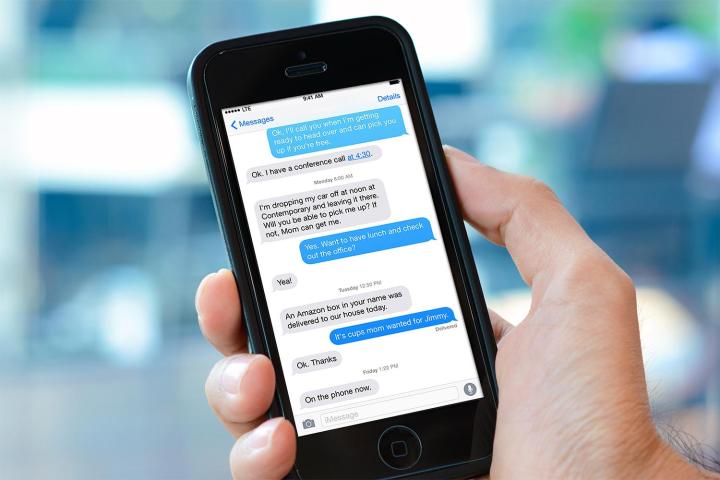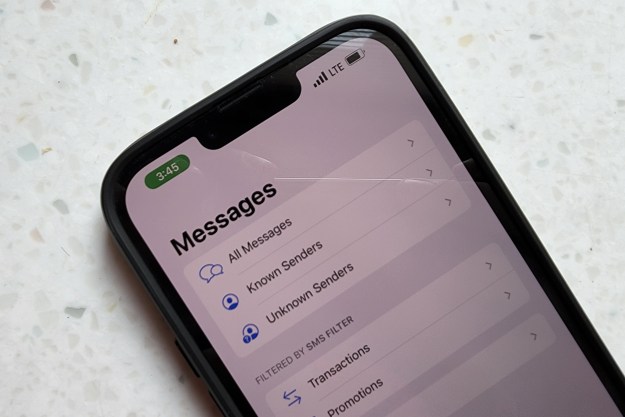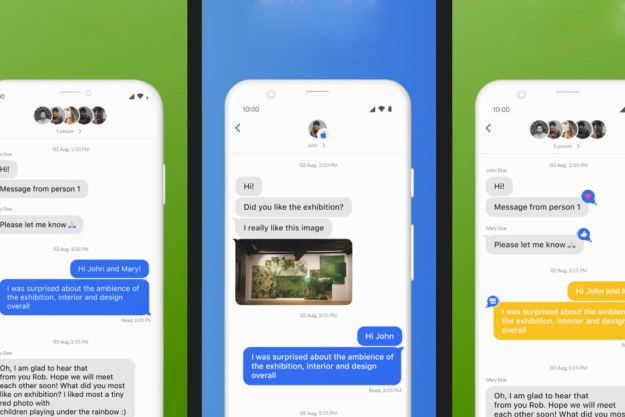
In a submission to the bill committee, Apple expressed concerns that the bill harms law-abiding citizens, will run into conflict with foreign laws, and weakens security for millions of iMessage users.
“We believe it would be wrong to weaken security for hundreds of millions of law-abiding customers so that it will also be weaker for the very few who pose a threat,” Apple said in the submission.
Banning end-to-end encryption would force Apple to pull iMessage or remove the encryption, weakening security on the messaging service.
“The creation of backdoors and intercept capabilities would weaken the protections built into Apple products and endanger all our customers,” said Apple. “A key left under the doormat would not just be there for the good guys. The bad guys would find it too.”
Part of the bill states that businesses must help the government hack into computers worldwide, another part Apple doesn’t like. “It would place businesses like Apple — whose relationship with customers is in part built on a sense of trust about how data will be handled — in a very difficult position.”
Apple sees inevitable foreign conflict over hacking into accounts outside of the Britain. The U.K.’s intelligence agency GCHQ has already hacked into corporations in Europe, like Gemalto and Belgacom, with the help of the U.S. counterpart, the NSA.
U.K. Prime Minister David Cameron claims that Daesh, the Islamic State, is using encrypted messaging to recruit and plot attacks, but recent information seems to suggest the Paris attacks were coordinated through SMS messages. Daesh members also regularly post on Facebook and Twitter, showing a lack of fear over the Western government’s tracking abilities.
It is not the first time Apple has spoke against the Snooper’s Charter, in November, chief executive Tim Cook said in an interview with The Telegraph that “any backdoor is a backdoor for everyone. Everybody wants to crack down on terrorists. Everybody wants to be secure. The question is how. Opening a backdoor can have very dire consequences.”
Tim Cook has defended the use of encryption in the U.S. as well, most recently on 60 Minutes.
Andrews & Arnold chief executive Adrian Kennard commented last month saying that the Snooper’s Charter would raise the cost of broadband in the U.K., since ISPs must hold user information for 12 months.
The Snooper’s Charter was pushed in 2013 by home secretary Theresa May, but the Liberal Democrats blocked it. The bill returned shortly after the Conservatives re-election in 2015 — this time winning by a majority.
Editors' Recommendations
- Everything Apple says is wrong about the DOJ’s iPhone lawsuit
- Apple may have already killed Android’s newest iMessage app, Beeper Mini
- Sunbird — the sketchy iMessage for Android app — just shut down
- It’s finally happening — your iPhone is getting RCS in 2024
- One of our favorite Android phones just got its own iMessage app


